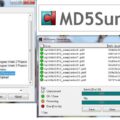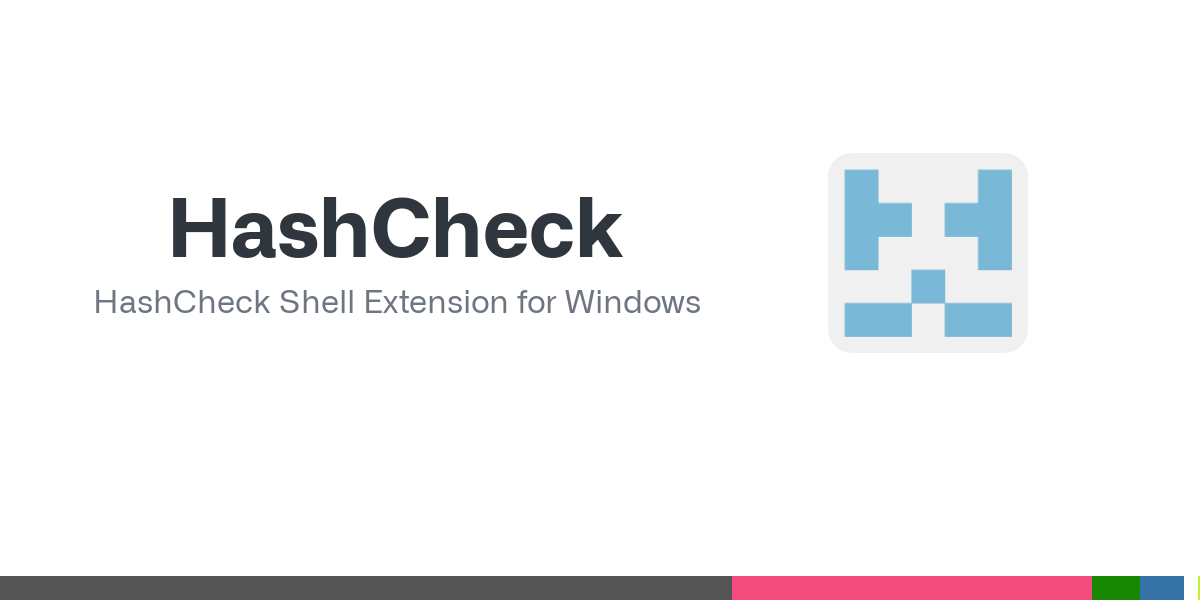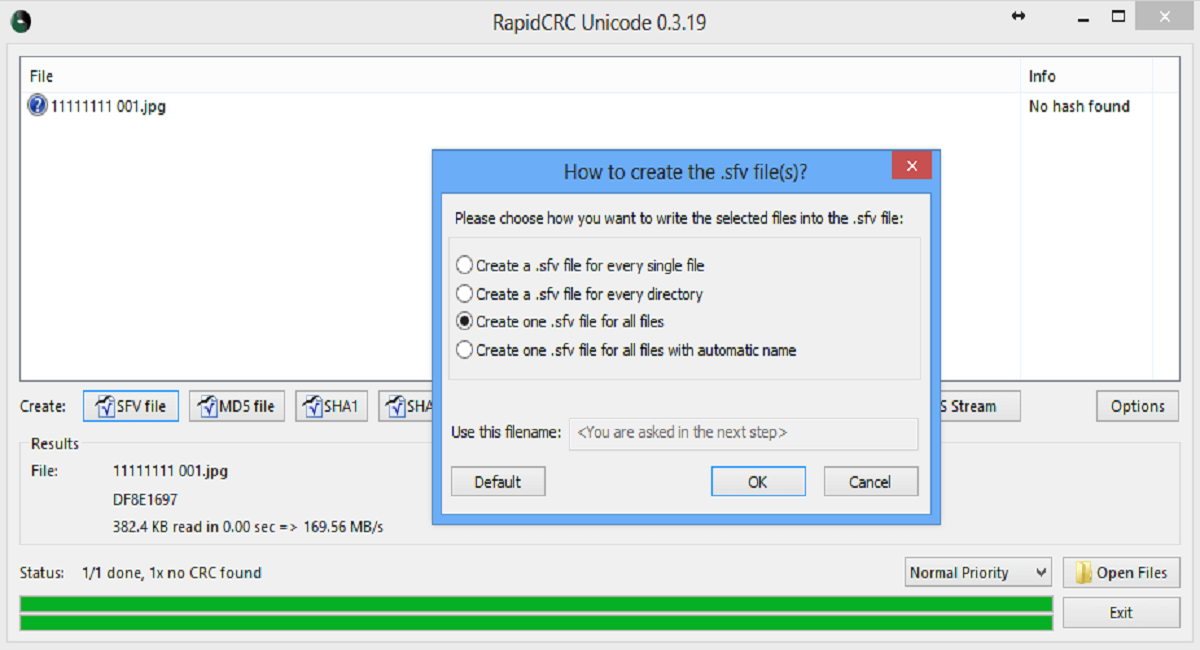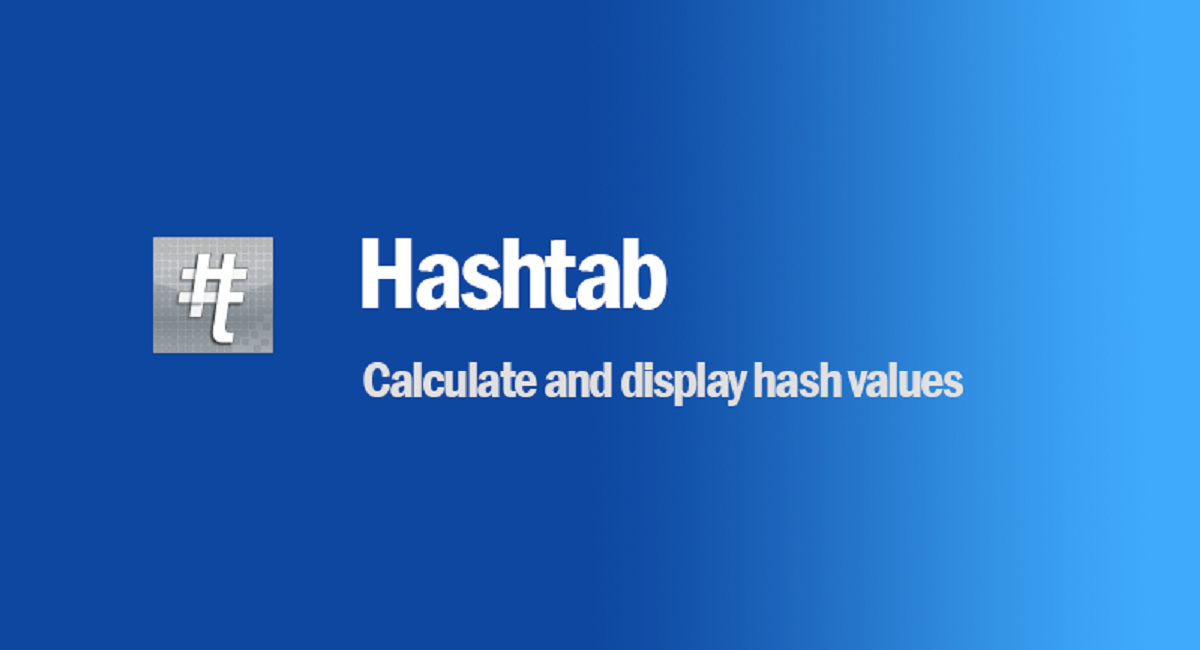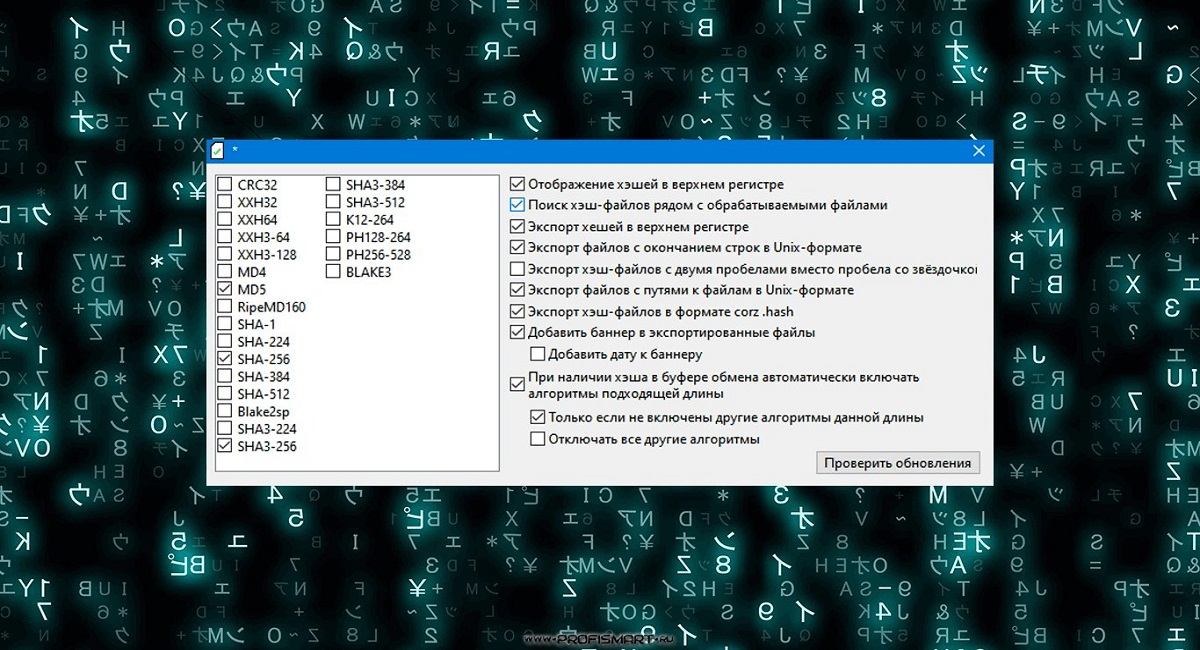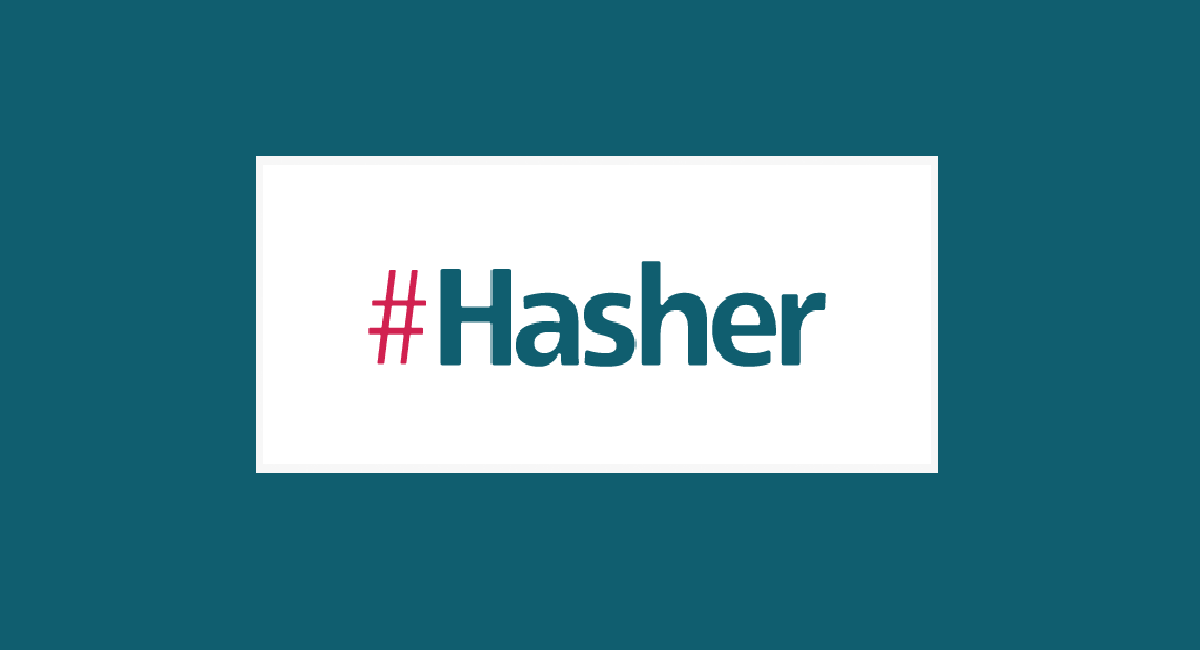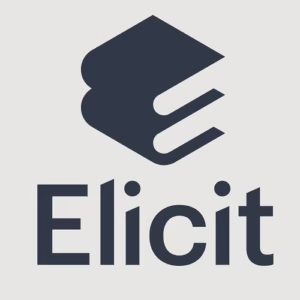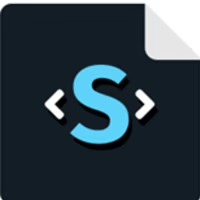MD5summer is a Windows application that allows you to generate and verify MD5 file checksums. This is great for developers and other users who need to quickly generate or verify an MD5 checksum for many files. MD5summer lives in your system tray and can be launched by right-clicking its icon, as shown below.
To create an MD5 sum, simply select the files you want to sum and click the Generate button. When generation is complete, a list of files with their associated MD5 sums will be presented. If a file does not already have a matching sum, it will be marked for verification.
There are up to 12 MD5summer Alternatives. It has features like Design-tools, Developer Tools, Drag n drop, Multiple Languages and Run Windows software. The best alternative to 12-md5summer-alternatives is GtkHash, which is Paid. The other best apps like 12-md5summer-alternatives are RapidCRC.
Pricing
MDsummer Information
12 Best MD5summer Alternatives
Filter Alternatives
HashCheck Shell Extension simplifies the process of calculating and verifying file hashes or checksums. With this tool, users can right-click on a file and select the appropriate hash function from the context menu. This feature is especially useful for users who share their computer with others, as unauthorized file modifications could disrupt workflow, particularly when the files are needed for work or other important tasks.
2RapidCRC
RapidCRC is an advanced tool for generating checksums for various file types, as well as copying them to the clipboard. This platform offers an easy way to calculate different hash algorithms, such as CRC and MD5, for any specific file. It provides a straightforward approach for users to generate and manage multiple checksums.
Advertisement
3HashTab
HashTab is a user-friendly program that integrates into the context menu to help users check file integrity. It supports a wide range of algorithms, including CRC32, SHA-1, and MD5. HashTab integrates seamlessly with Windows and requires minimal system resources, making it an efficient tool for verifying file integrity.
4OpenHashTab
OpenHashTab allows users to calculate and verify multiple hash algorithms, ensuring that original files remain unchanged or unaltered. Since adding malicious code to files is a common security risk, users can verify their downloads by comparing file hashes to ensure they haven’t been tampered with.
Advertisement
5GtkHash
GtkHash is a desktop utility for calculating message checksums or digests. It supports various file formats and provides a detailed view of results from multiple cryptographic hash functions. This cross-platform tool supports a range of popular hash functions, making it versatile for different file verification tasks.
6fHash
fHash is an online application that helps users discover the SHA1, MD5, SHA256, and CRC32 checksums of any file. It also allows for hash comparisons. Equipped with advanced tools, fHash offers users a straightforward way to calculate and verify file integrity.
Advertisement
7Samhain
Samhain is a host-based intrusion detection system (HIDS) that provides users with file integrity checking and log file analysis. It also offers advanced features like rootkit detection, rogue SUID executable detection, port monitoring, and hidden process detection, making it an excellent security tool for maintaining file integrity and system monitoring.
8RHash
RHash is a simple, user-friendly tool that enables users to hash multiple files or strings with ease. This tool allows users to verify the integrity of files after they have been transferred across different systems, making file comparison through hash values simple and efficient.
9Hasher
Hasher is a tool designed for calculating and verifying file checksums to guarantee file integrity. When sharing files across networks or the internet, users can ensure the transmitted documents are identical to the original files by calculating and verifying checksums.
10Jacksum
Jacksum is a cross-platform data integrity tool that helps users compute and verify checksums and message digests, also known as hash values or fingerprints. The software is named after Java and CheckSUM, highlighting its foundation in Java.
